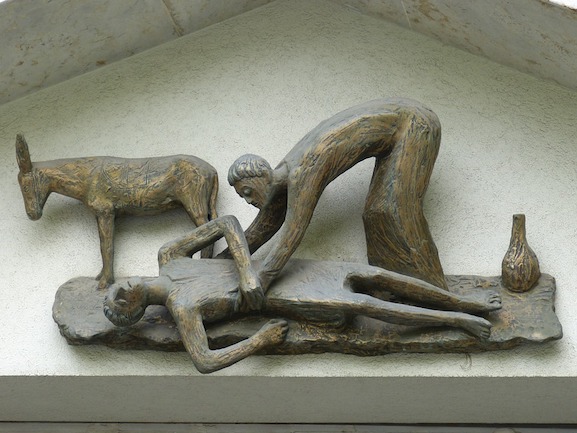Do You Ever Feel Rushed by the Beauty of Forgiveness? BY Brad Hambrick for Core Christianity
Admittedly, this question may have caught you off guard. But let’s walk into it. Forgiveness is beautiful. It makes for a great theme in movies or novels. Forgiveness is central to the gospel. We all need forgiveness and long to know that our faults will not define us.
But it’s worth asking, what part of forgiveness is beautiful? The answer is, the last part. The early and middle parts of forgiveness are heinous. They are the parts of the movie or novel that cause us to cringe.
The beginning of the forgiveness process is the offense. The offense is unnecessary, unexpected, hurtful, and sinful (or else it could just be excused, rather than forgiven). This part of forgiveness—when we are the one offended—is awful. We would prefer if this part of forgiveness could be fast forwarded.
The middle part of forgiveness is taxing and strenuous. It involves confronting the wrong, explaining the hurt, determining whether future trust is warranted, navigating social fallout, and healing from the ways the offense damaged our life. This is tedious and painful. Often there is not cooperation. People compete over which narrative really explains what happened. That’s disorienting. If we get stuck in the disorientation, then we’re portrayed at the one being bad (i.e., unforgiving). That’s infuriating.
Who Is Rushing Us?
All this forces us to ask the question, who is rushing us to the final, beautiful stage of forgiveness? Who is compelling us to think resolution has to be the stage we are in right now? The answer is, it depends. There are at least four possible answers.
- We can rush ourselves. The offense hurt and fatigued us. We don’t come to the process of forgiveness at full strength. We want this chapter of our life to be over. It is not uncommon to look in the mirror and chide, “Why can’t you just move on?” We fear our pain over being hurt makes us a bad Christian, so we skip past the hard work of forgiving with the simpler words, “That’s okay.” Things don’t get resolved, but at least we can move on.




